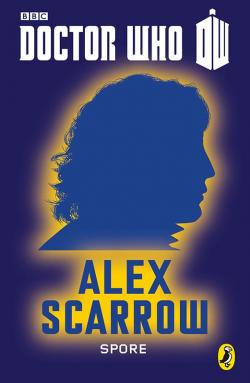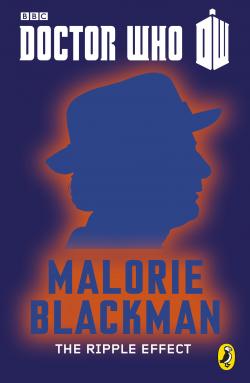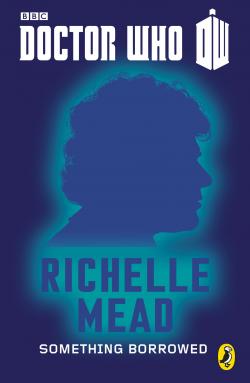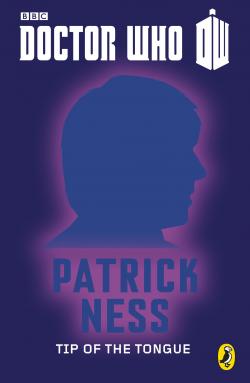The Loneliness of the Long-Distance Time Traveller
Tuesday, 18 November 2014 - Reviewed by
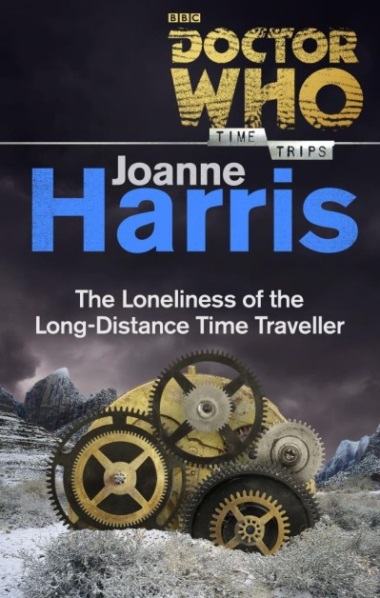 This seventh entry in the Time Trips series of e-books is the work of Joanne Harris, and sees the Third Doctor on the brink of oblivion as he struggles to hold back the deadly radiation he was exposed to on Metebelis Three. The Doctor is the only series regular character to feature, and that is because of his predicament in trying to land back 'home' - i.e. UNIT HQ. After the TARDIS is instead forced down into a Time Paradox ensnared village, with a 'Groundhog Day' style routine questions abound. But soon it is clear that the Doctor must somehow save the day once again - despite his very weak condition.
This seventh entry in the Time Trips series of e-books is the work of Joanne Harris, and sees the Third Doctor on the brink of oblivion as he struggles to hold back the deadly radiation he was exposed to on Metebelis Three. The Doctor is the only series regular character to feature, and that is because of his predicament in trying to land back 'home' - i.e. UNIT HQ. After the TARDIS is instead forced down into a Time Paradox ensnared village, with a 'Groundhog Day' style routine questions abound. But soon it is clear that the Doctor must somehow save the day once again - despite his very weak condition. Although thrown into jeopardy from the very start, the Doctor does gain a 'one-off' assistant in the form of Queen Alice. She must help the Doctor overcome the seemingly deadly Gyre portal, and also mechanical creations with fearsome intentions - including impassive Dolls, Bears and Clowns. There is clearly not much of a breathing space when someone dares to upset the status quo and challenge the mysterious higher being that is apparently looking from above - but then things rarely are straightforward for the alien explorer. If someone were to be successful in reaching the controller of the Gyre and requesting the release of the village, it would appear to be the debonair Third Doctor. But being on death's door, without the help of fellow Time Lord K'anpo Rimpoche to assist him to regenerate, there is more pressure and demands made of him than normal. And there is also the issue of trying to reunite Alice with her beloved daughter. Will there be a happy ending for all concerned?
This is one of the most straightforward but pleasurable reading experiences I have had of any genre in recent times. Description is fulsome without managing to slow the story down, and the regular reminders of the Doctor's terminal condition are all very effective and fit the core themes of the actual story concerned. The Jon Pertwee incarnation is one of the more effortless personas to translate to the written word, but this is still an impressive portrayal. There is a lot of sound psychological insight into someone who might not be so 'all-conquering' in his own mind deep down.
The plot is measured very well and rewards readers for trying to get to the core of the mystery. Characterisation is also well above the average for Doctor Who tie-in novels, almost so much so one wishes this was a full-length work. Whilst perhaps needing readers to have seen 'Planet of Spiders' to have the maximum impact, this is a story that can be read by anyone looking for an engaging and thematically rich diversion.

